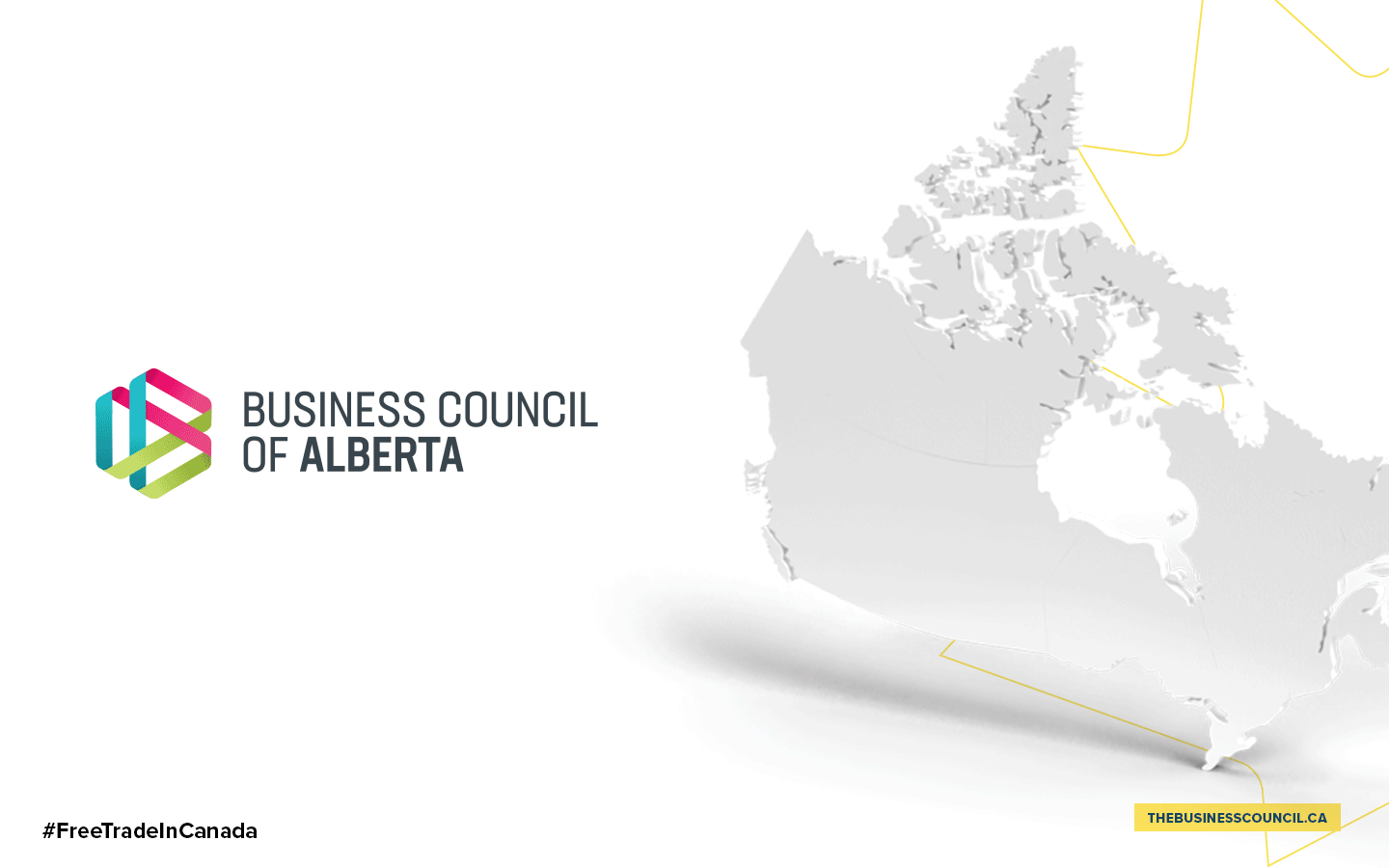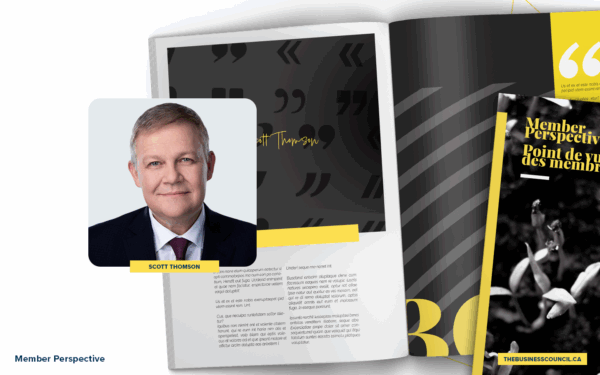A “Team Canada” approach to removing internal trade barriers
Ahead of a December meeting about the Canada Free Trade Agreement, members of the Working Group on Interprovincial Trade Barriers wrote to the federal, provincial and territorial ministers responsible for the file. The letter highlighted the findings of a recent report by Deloitte and offered practical recommendations to move the needle on interprovincial trade.
Dear Committee Members,
Your committee is meeting at a pivotal moment. Our country is facing record levels of indebtedness across the economy, made worse by the COVID-19 pandemic, and urgently needs a strategy to boost long-term economic growth. Now is the time for bold action.
We believe freer trade within Canada is part of the solution. Our organizations have come together to urge you to accelerate your efforts to remove interprovincial trade barriers across the country.
Numerous reports have documented the benefits to be gained from freer trade in Canada. Now we need to see actual progress through improved collaboration across governments and with the private sector. We recently released the attached report which demonstrates that removing trade barriers can increase household income and wages by 5 and 5.5 per cent, and government revenues by nearly 4.5 percent.
Our report recommends four clear actions to accelerate the removal of trade barriers in Canada. We believe that mutual recognition should be the central policy principal used to accelerate the removal of trade barriers while minimizing the cost to taxpayers. We are pleased to see that the Regulatory Reconciliation and Cooperation Table’s workplan includes a reference to advance mutual recognition and urge you to do everything in your capacity to ensure that it comes into force.
Additional recommendations include:
- Create a public repository of information about trade barriers in Canada. Trade barriers are often poorly understood by both officials and the general public. A searchable public database – modelled after the Canadian Institute for Health Information – would create transparency and help policymakers strengthen the case for reform in specific areas.
- Collaborate widely on solutions. Internal trade discussions are too often left to governments without genuine input from the private sector. Creating a steering committee that includes policymakers, the private sector and subject matter experts can identify new solutions to old problems. It can also help focus efforts on the barriers that restrict Canada from fulfilling its full economic potential.
- Recognize that there are costs to unlocking the full economic potential of free trade. Canada can make real strides if policymakers properly account for the costs of creating freer trade. In some cases, bold decision-making may come at political cost. In other cases, the costs may be administrative, or borne by individuals or businesses, and may warrant compensation to support trade barrier removal.
This pandemic has shown us what we can move quickly together when we take a “Team Canada” approach. A similar approach is needed now to liberalize trade within our borders. Our organizations are committed to working with you as you take on this important assignment for Canadians.
Signed,
- Adam Legge,President, Business Council of Alberta
- Greg D’Avignon, President and CEO, Business Council of British Columbia
- Goldy Hyder, President and CEO, Business Council of Canada
- Bram Strain, President and CEO, Business Council of Manitoba
- Alex LeBlanc, President and CEO, Business Council of New Brunswick
- Gary Mar, President and CEO, Canada West Foundation
- Hon. Perrin Beatty, P.C., President and CEO, Canadian Chamber of Commerce
- Patrick Sullivan, Chair, Canadian Global Cities Council
- Dennis Darby, President and CEO, Canadian Manufacturers & Exporters
- Dan Kelly, President and CEO, Canadian Federation of Independent Business
- Jeffrey Sundquist, President and CEO, Edmonton Chamber of Commerce
- Michel Kelly-Gagnon, President and CEO, Montreal Economic Institute
- Rocco Rossi, President and CEO, Ontario Chamber of Commerce
- Jan De Silva, President and CEO, Toronto Region Board of Trade











